Our Mission & History
The first idea for Special Olympics began in a backyard more than 50 years ago. Today, Special Olympics NorCal is proud to be a part of a global movement of inclusion through sports.
Special Olympics' Mission
The mission of Special Olympics is to provide year-round sports training and athletic competition in a variety of Olympic-type sports for children and adults with intellectual disabilities, giving them continuing opportunities to develop physical fitness, demonstrate courage, experience joy and participate in a sharing of gifts, skills and friendship with their families, other Special Olympics athletes and the community.
Special Olympics NorCal's Mission
The mission of Special Olympics Northern California is to create an inclusive community where people with and without intellectual disabilities can make connections, develop healthy lifestyles, achieve success, and experience the joy of sports.
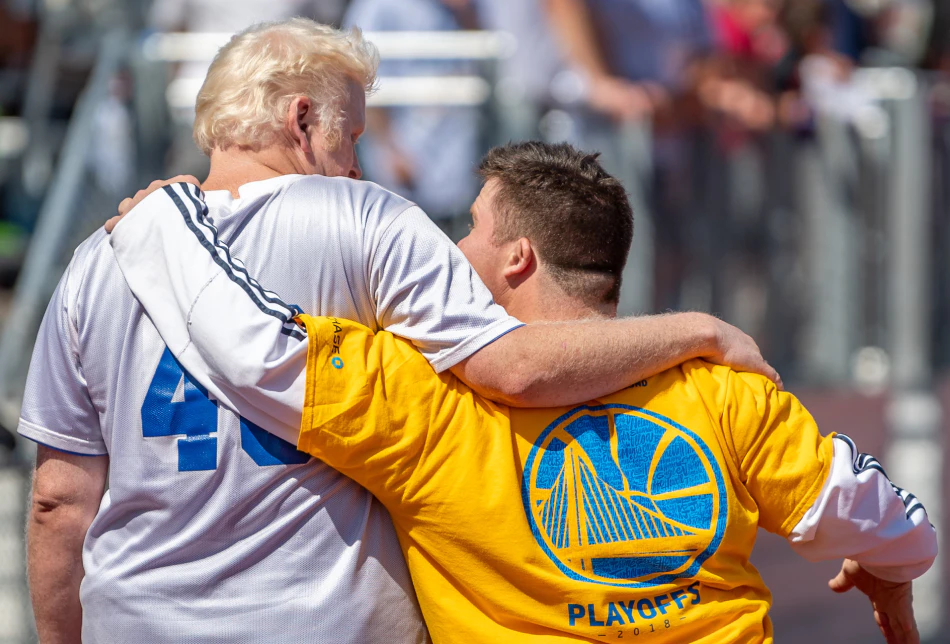
Special Olympics NorCal's Vision
To live in a world where the values of unity and respect are woven into our NorCal community and brought to life through the power of sports. We envision positivity and inclusivity beyond the playing field, where the unique gifts of people with and without intellectual disabilities are all joyfully celebrated together.
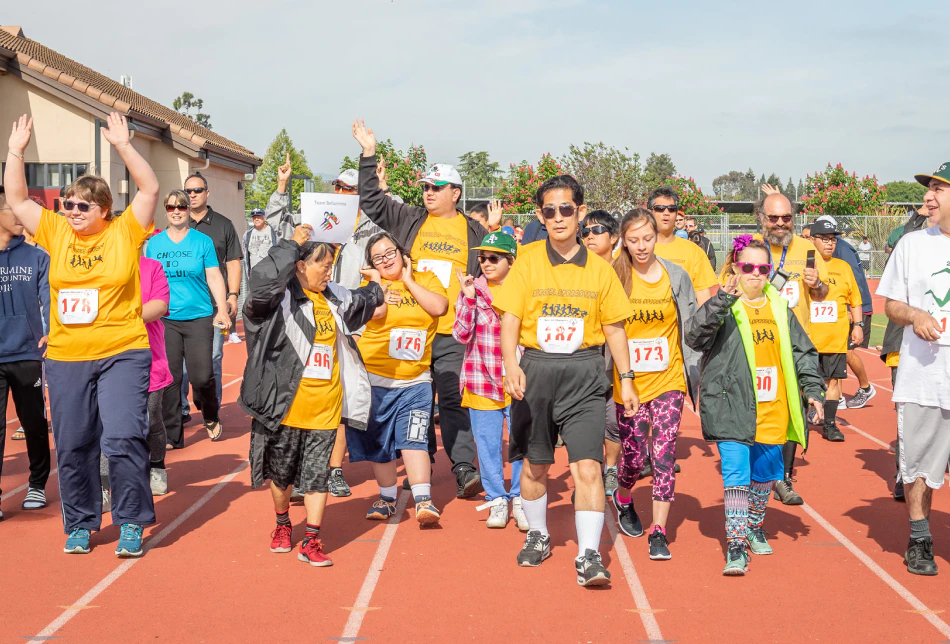
Special Olympics NorCal's DEI Statement
Special Olympics has celebrated and led with Diversity, Equity and Inclusion for more than half a century.
We recognize that those with intellectual disabilities are reflected across every facet of diversity.
Through our athletes, employees, Board of Directors, volunteers, and the communities we serve, we celebrate, respect, and promote individual differences, backgrounds and perspectives. We believe that including those with ID, and all forms of diversity, creates stronger and more innovative organizations.
Our Founder
Eunice Kennedy Shriver started Special Olympics in 1968 and was a pioneer in the worldwide struggle for rights and acceptance for people with intellectual disabilities. ESPN posthumously recognized Eunice with the Arthur Ashe Courage Award during the 25th annual ESPYs. Learn about her inspiring story and the history of Special Olympics in a video narrated by Michelle Obama.
Our History
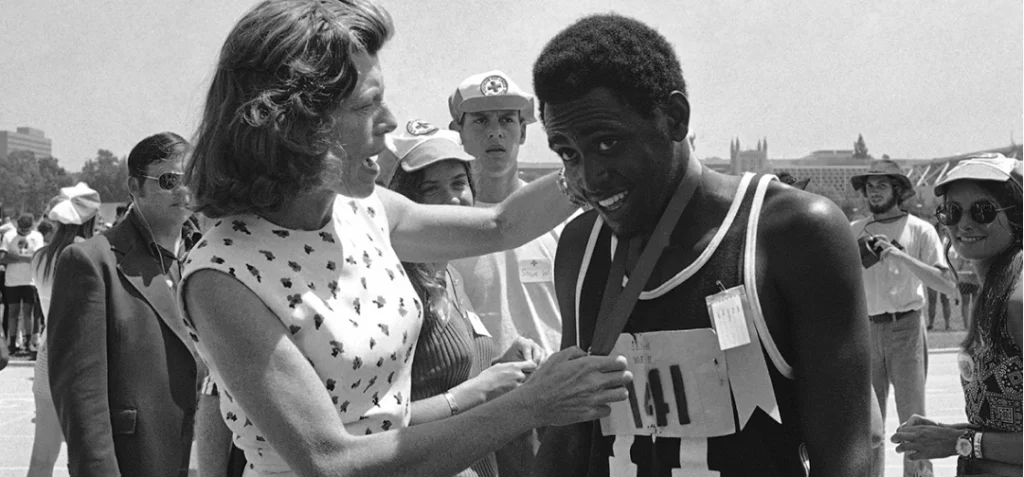
Special Olympics is founded as a nonprofit organization by Eunice Kennedy Shriver. The first Special Olympics Games are held at Soldier Field in Chicago.
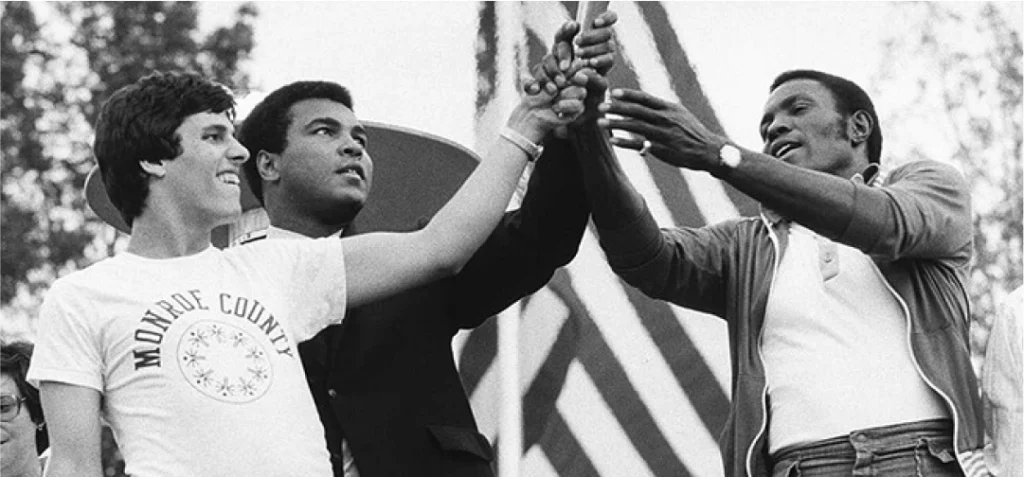
The first Western US Regional Games are held at the Los Angeles Memorial Coliseum. Olympic decathlon gold medalist Rafer Johnson subsequently co-founds the California chapter of Special Olympics.
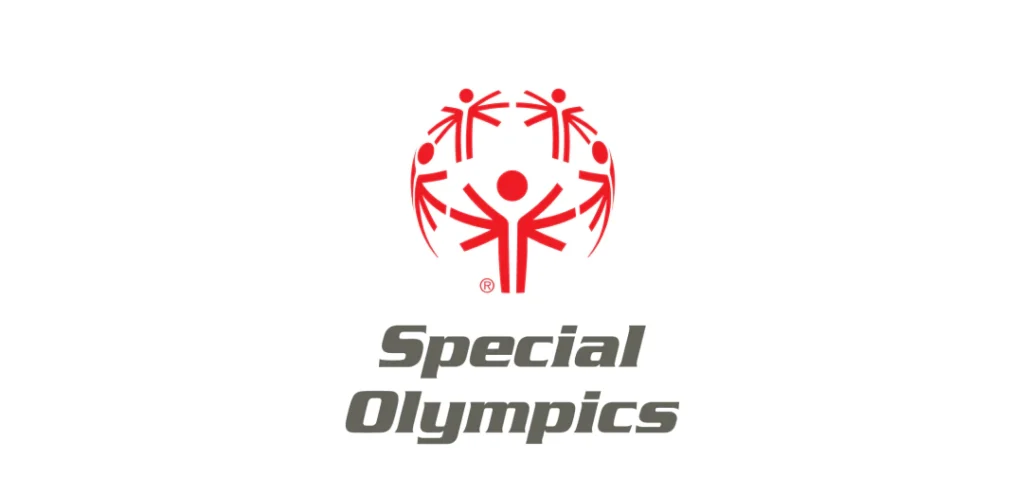
The U.S. Olympic Committee gives Special Olympics official approval as one of only two organizations authorized to use the term “Olympics” in the US.
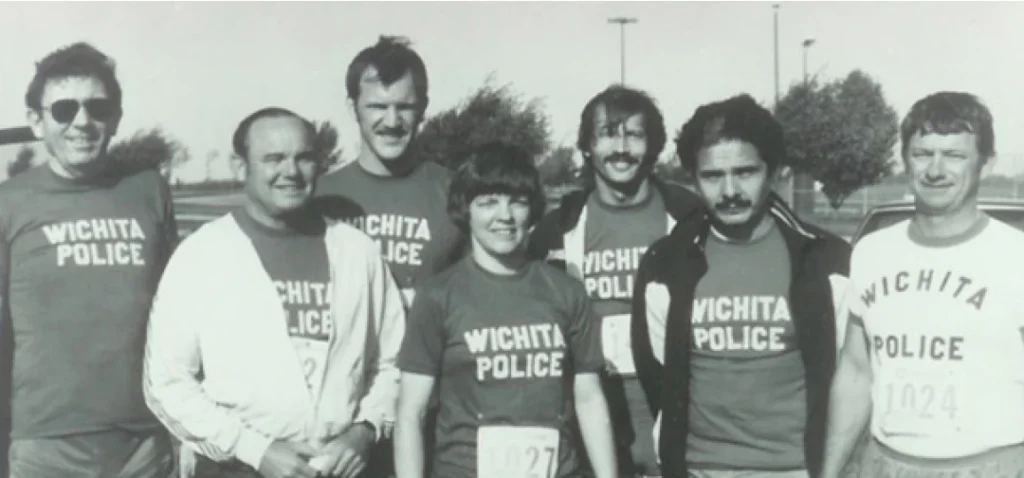
Wichita, Kansas, Police Chief Richard LaMunyon launches the Law Enforcement Torch Run, which later grows into the largest grassroots fundraising group for Special Olympics worldwide.
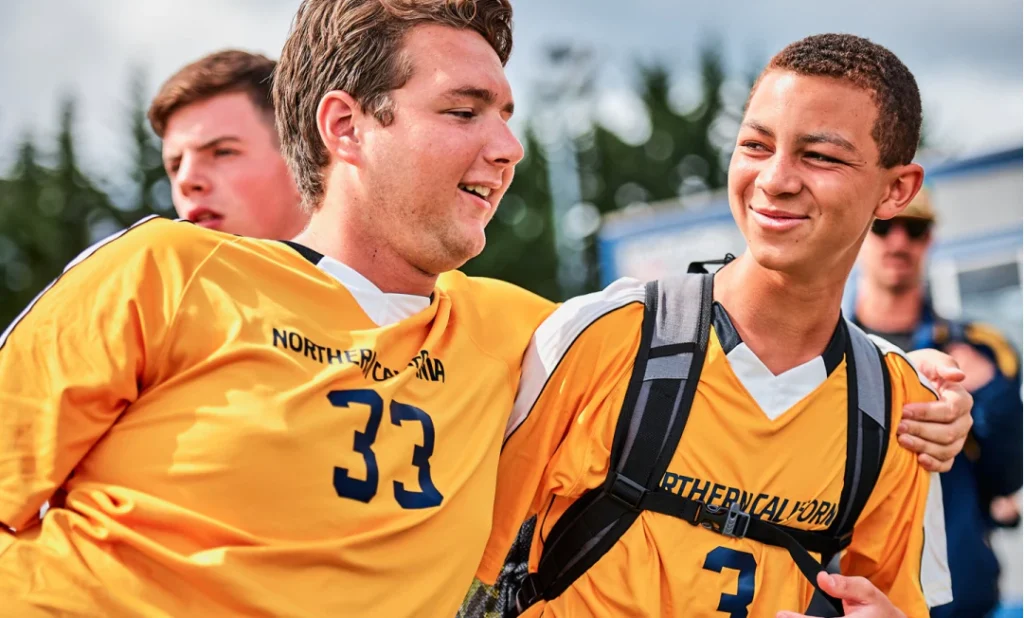
Special Olympics officially launches Unified Sports, a new initiative aimed at bringing together people with and without intellectual disabilities to compete on the same team.
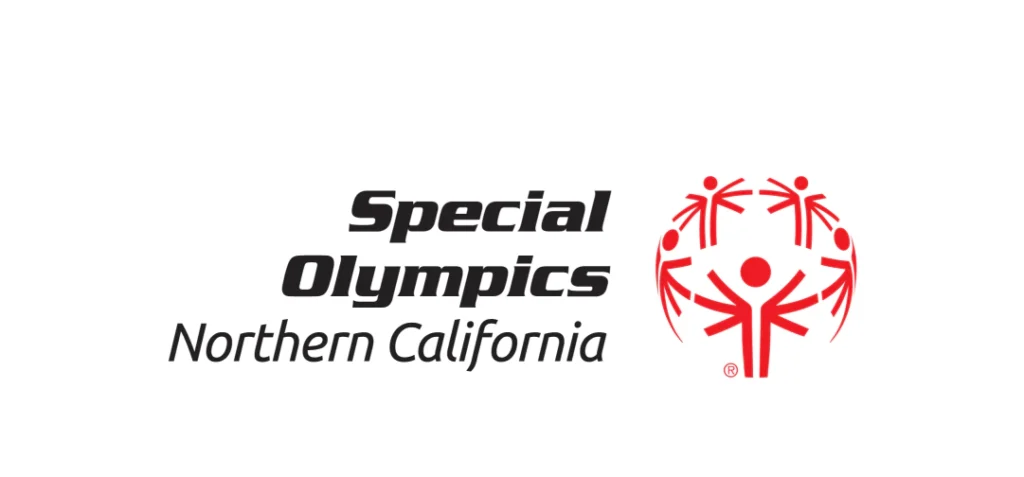
Special Olympics California officially divides into two chapters – Northern California and Southern California – to better serve local communities and expand outreach efforts.
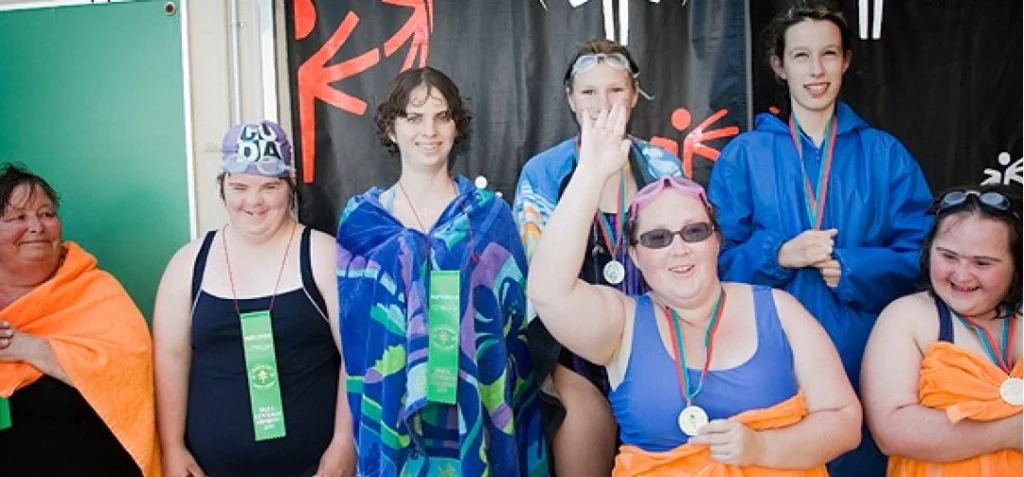
Special Olympics Northern California hosts its first Summer Games.
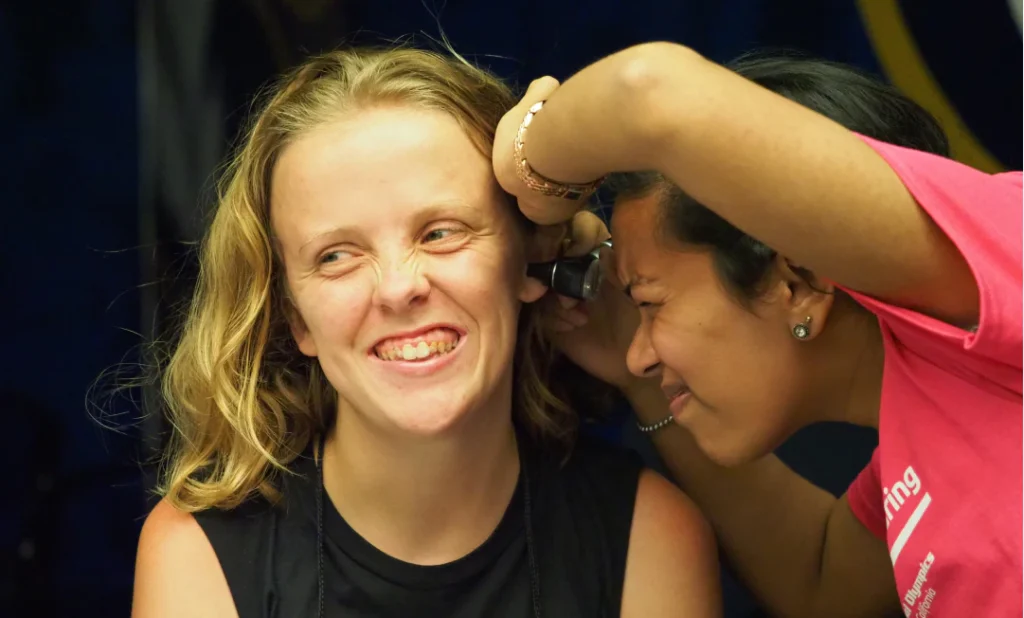
Healthy Athletes becomes an official Special Olympics initiative, providing free health and wellness screenings and resources to athletes.
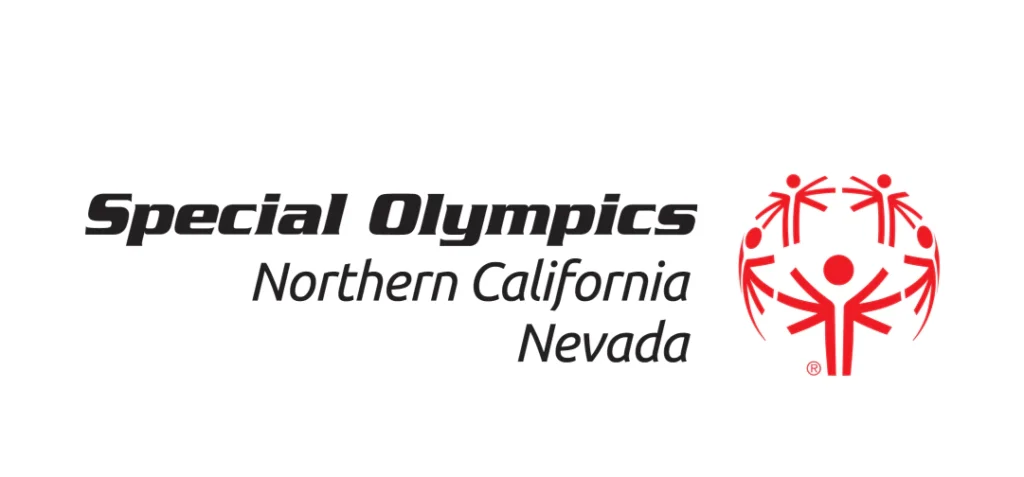
Special Olympics Nevada operations are integrated into Northern California, officially becoming Special Olympics Northern California & Nevada.
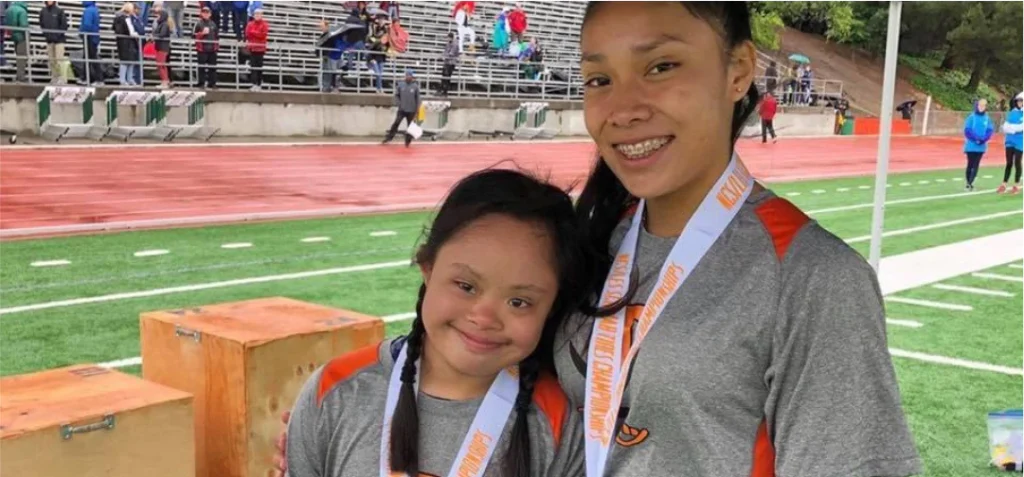
Special Olympics Northern California launches the Schools Partnership Program, designed to promote inclusion in schools for students of all abilities.
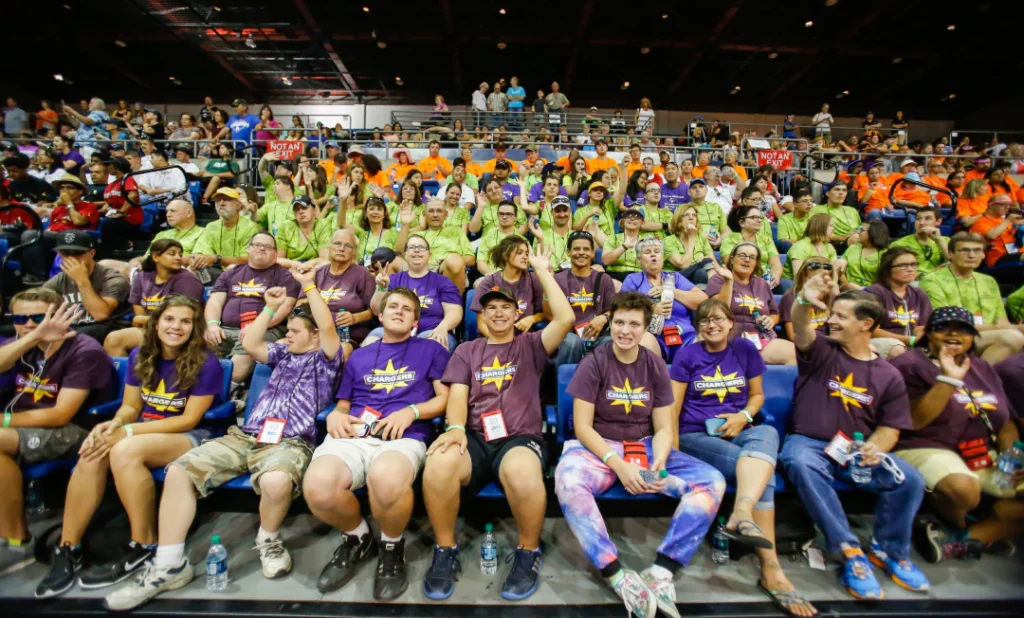
Special Olympics surpasses 4 million athletes throughout the world.
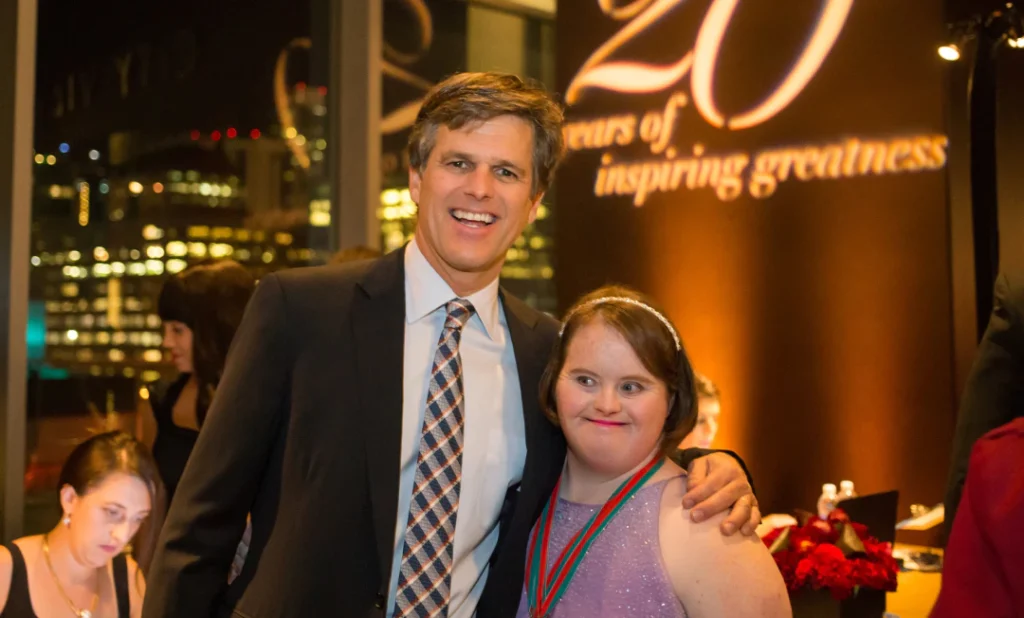
Special Olympics Northern California celebrates its 20-year anniversary.
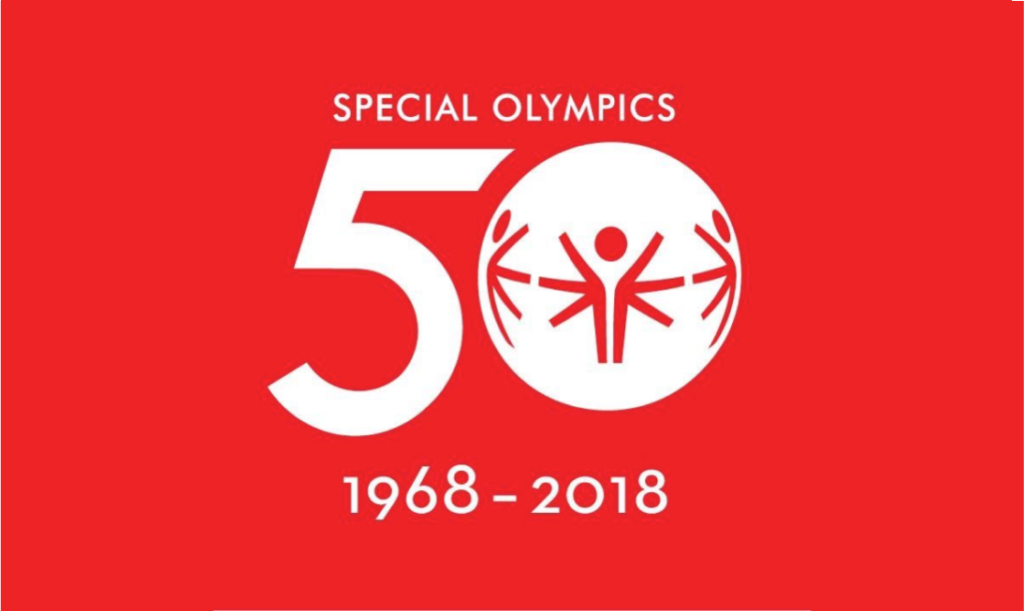
Special Olympics celebrates its 50-year anniversary with a week’s worth of celebrations in Chicago and around the world.
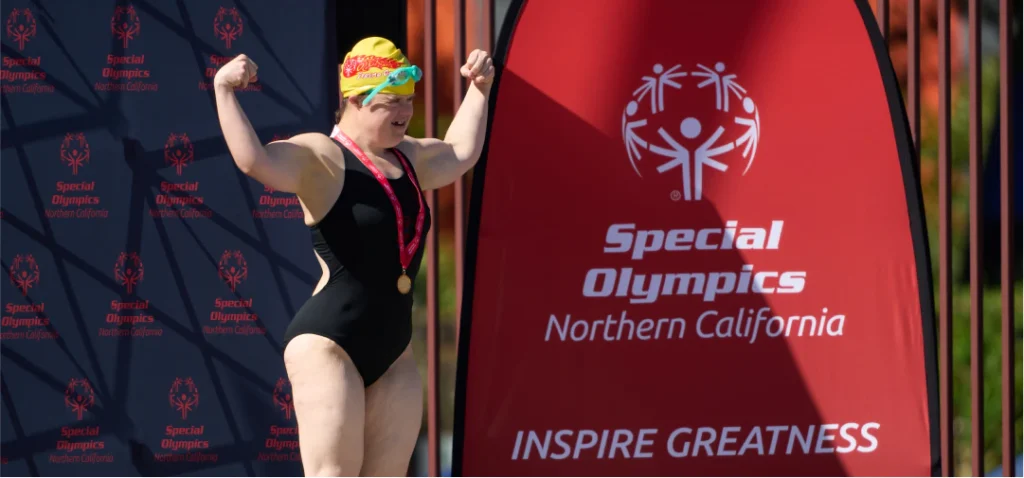
Rebounding from the COVID-19 pandemic, Special Olympics Northern California offers 11 different sports, impacts more than 100,000 students, pushes more inclusive healthcare and trains athlete leaders to advocate for the mission.